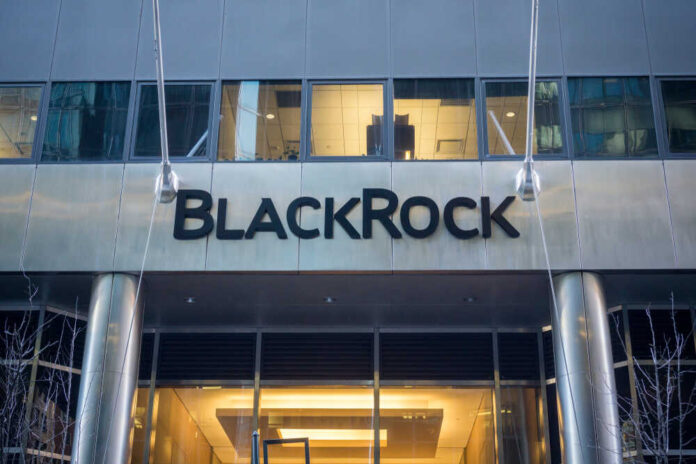
From Bud Light promotions to Target’s Pride Month campaigns, the “woke” wave sweeping through corporate America is leaving a trail of reduced market values and confused consumers. This isn’t a random occurrence, but it is a calculated move fueled by giant investment firms, says Anson Frericks, former President of Anheuser-Busch sales and distribution.
In a candid chat last week on “Jesse Watters Primetime,” Frericks pulled the curtain back on the power players influencing the corporate sphere backstage. Three key names emerged from the discussion: BlackRock, State Street and Vanguard, collectively managing an astronomical $20 trillion in capital. Frericks said these firms have been wielding their clout to steer major corporations toward adopting progressive values, even at the cost of alienating sizable segments of their customer bases.
Blackrock and Vanguard are forcing ESG and DEI initiatives on corporate America: Anson Frericks
Woke corporate governance often stems from involved investment firms: Former Anheuser-Busch exechttps://t.co/YWMT7pQGUQ— Pamela Olson (@PamelaSOCFEN) June 3, 2023
Anheuser-Busch InBev experienced the repercussions of this trend firsthand when it lost a whopping $27 billion in market value after promoting Bud Light with LGBT activist Dylan Mulvaney, leading to boycotts. Similarly, national retailer Target faced a 14% drop in share price following the promotion of LGBT-themed products, leading JPMorgan to downgrade the retailer’s stock.
Why would corporations risk such tangible losses? Frericks pointed to the pension funds these investment firms manage, including the country’s largest from the state of California. He highlighted that politicians from these states can influence investment firm decisions, saying, “In California, for example, they recently have mandated those large pension funds that they divest from things like fossil fuels and oil and gas.”
JESSE WATTERS – ANSON FRERICKS | FMR ANHEUSER-BUSCH EXECUTIVE
WALL STREET FORCES COMPANIES TO GO WOKE pic.twitter.com/njw0maZvif
— Stalin 🇺🇸 (@StalinCruz) May 30, 2023
These investment firms also insist on adopting Environmental, Social, and Governance (ESG) targets as prerequisites for managing their money. Moreover, they effectively enforce these goals of diversity, equity, and inclusion in the corporations they invest in. The goal is serving “stakeholder capitalism,” where businesses don’t just serve shareholders but all “stakeholders.” That vague term includes government agencies, activists, and non-governmental organizations.
Frericks voiced his concern about this trend during his interview, saying, “The Big Three also wield enormous influence when it comes to executive pay. According to one study, a shocking 73% of S&P 500 companies now tie executive compensation to ESG measures. If a CEO doesn’t weigh in on the latest social issue quickly enough, their bonus could be in jeopardy.”
This emerging pattern of politicization among corporations is disconcerting to many consumers, as evident in the recent upheaval surrounding Georgia’s new election laws. BlackRock, Coca-Cola, Delta Airlines, and even MLB came forward in opposition, although the laws didn’t directly affect their operations. For example, MLB moved its All-Star Game, shifting the venue from Atlanta, Georgia, to Colorado to protest the enactment of basic election integrity laws.
Frericks notes this trend isn’t just bad for business; it’s potentially detrimental to democracy. He noted that political and cultural issues “should be settled at the ballot box, not in the boardroom.” Unfortunately, if unchecked, this creeping influence of Wall Street in our boardrooms may see corporations dictating what’s on store shelves and what values consumers should embrace. As consumers and citizens, we must hold these corporations accountable, remembering that they ultimately serve us.




























